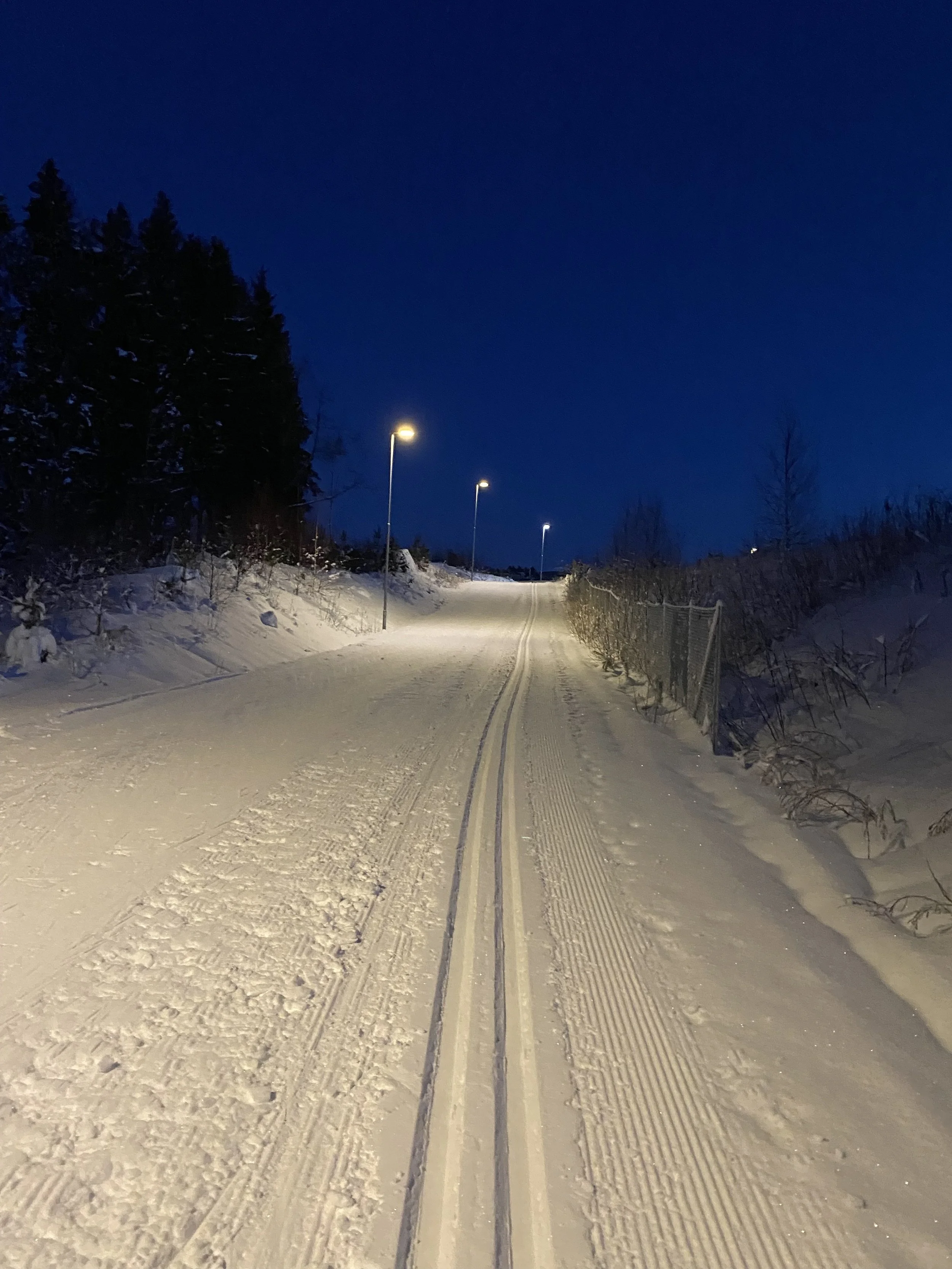Happy May Sunday, dear climateschool readers! I've had a short hiatus due to exam season starting up here at NTNU, but in just 6 weeks time I will have finished the teacher degree. In the meantime; climate-news does not take exam breaks. Therefore, this blog post will be a short summary of two important things that's been happening while I've been away reading pedagogy literature:
- The 24th of April was the 5 year mark since the clothing factory Rana Plaza collapsed in Bangladesh and 1138 textile workers died that day. Last year, I attended a meeting about the 4 year mark, and it was then announced that what needed to come in place was a binding agreement where the brands we know sign a uniform agreement of openness and transparency, so that an accident and working conditions like Rana Plaza can never happen again. The Future in Our hands has done a great job following the progress of this security agreement. However, they revealed that the giant IKEA has not signed this agreement. This is a huge shame, because the agreement works, and is already making a significant change in the life of the textile workers. To get a visual of how it was like to experience an ordinary day before the collapse of the Rana Plaza, The Future in our Hands has put together this short video.
If you want to take action after knowing this, like I do, you can go to IKEAs facebook page and ask them to sign the agreement. For example: (in Norwegian) "Kjære IKEA, skriv under den livreddende sikkerhetsavtalen for tekstilarbeiderne i Bangladesh!" (And you may also link to the Future in our Hands article)
- There has also been a UNFCCC Climate change meeting in Bonn from the 30th of April - 10th of May. This was the start of the Talanoa Dialogue : "
"Talanoa is a traditional word used in Fiji and across the Pacific to reflect a process of inclusive, participatory and transparent dialogue. The purpose of Talanoa is to share stories, build empathy and to make wise decisions for the collective good. The process of Talanoa involves the sharing of ideas, skills and experience through storytelling.
During the process, participants build trust and advance knowledge through empathy and understanding. Blaming others and making critical observations are inconsistent with building mutual trust and respect, and therefore inconsistent with the Talanoa concept. Talanoa fosters stability and inclusiveness in dialogue, by creating a safe space that embraces mutual respect for a platform for decision making for a greater good.".
A short recap of the outcome of this meeting:
- There was progress made in the the Paris "rulebook"
- The next meeting will be held in Bangkok, so a negotiation text will be made to prepare for this session
- There is still key factors in the technical and financial negotiations that needs to be worked out
Thanks to ClimateTracker for the infographic:





